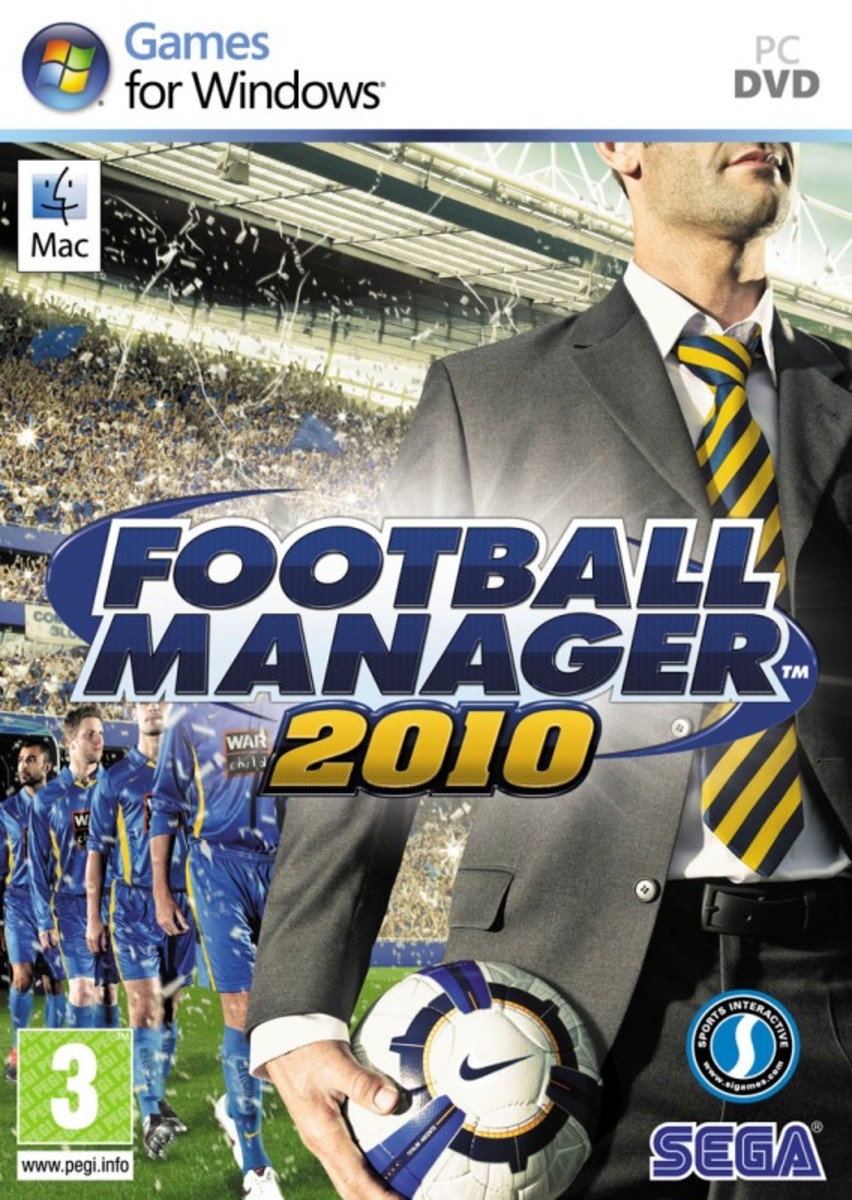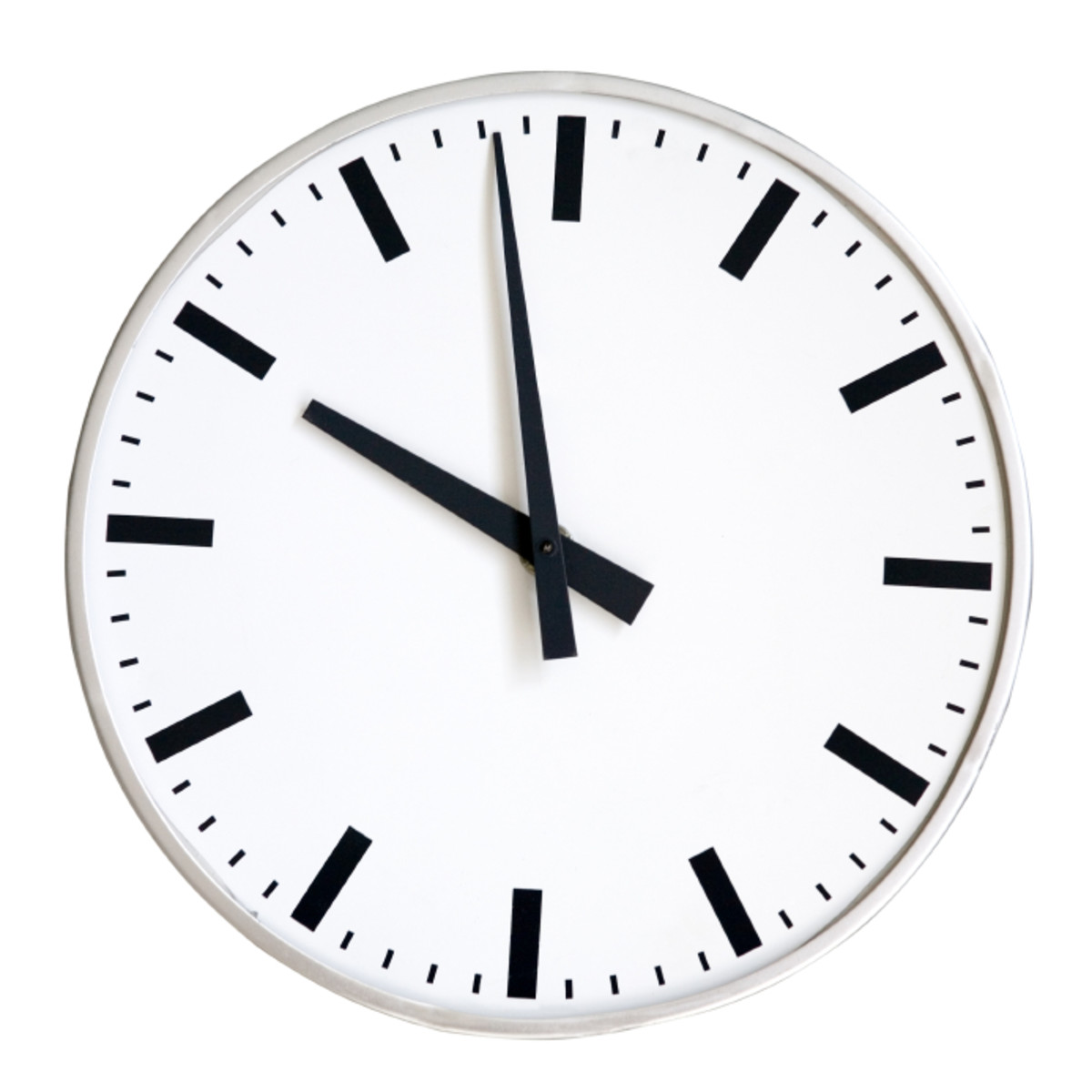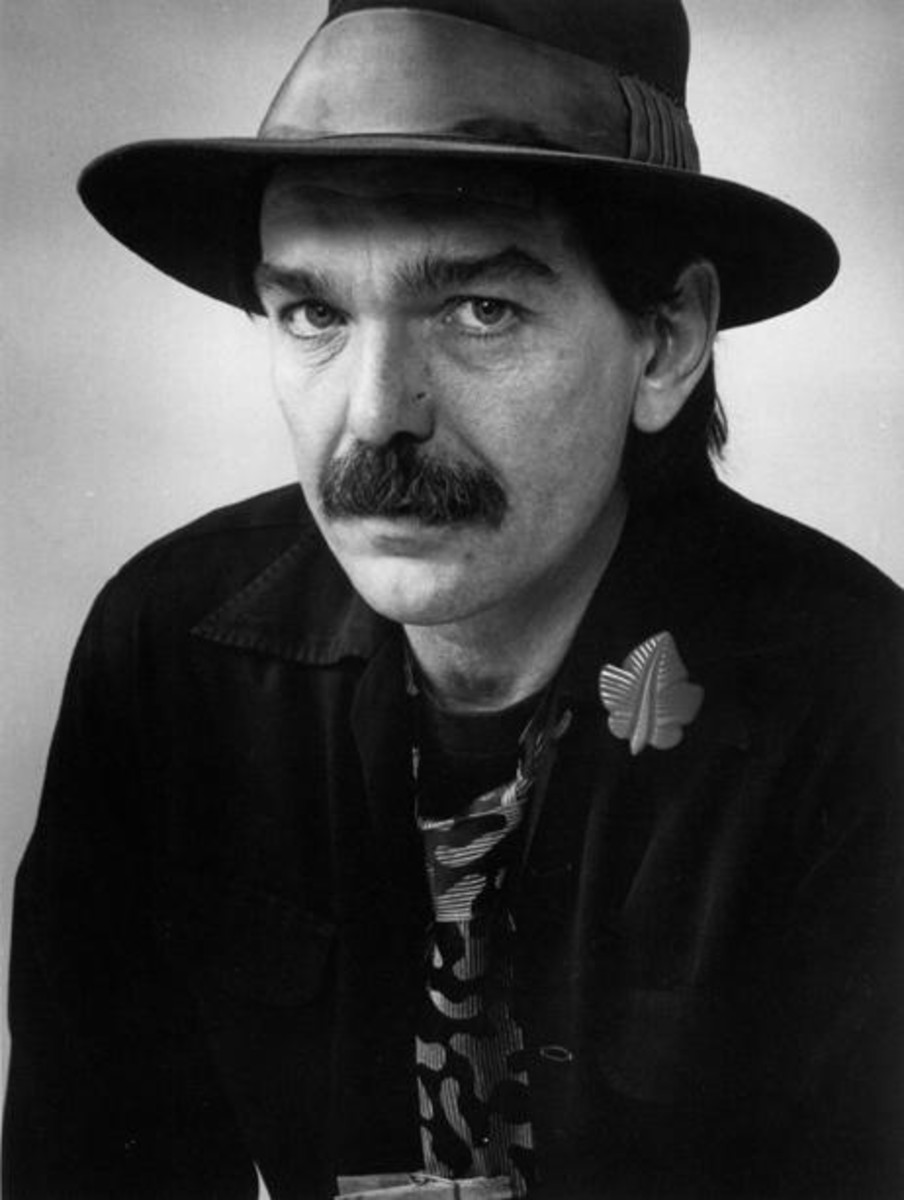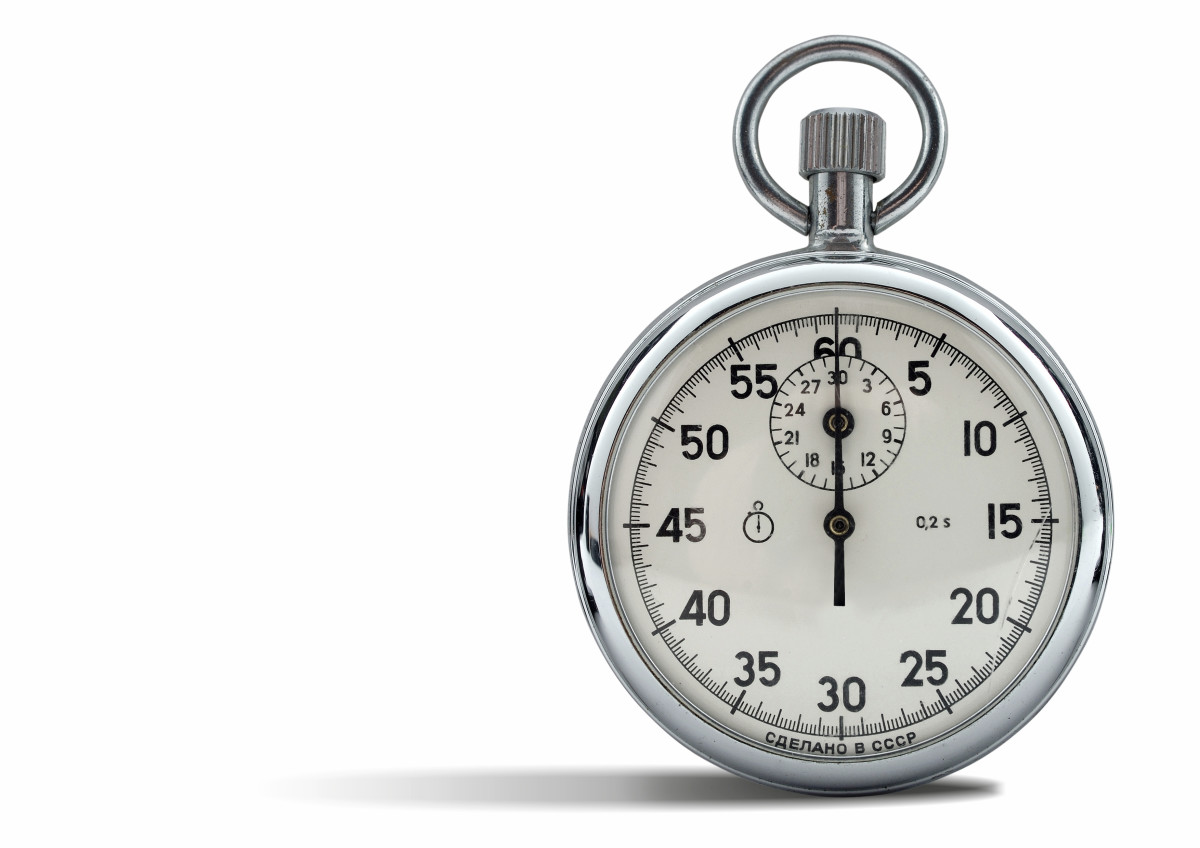How To Manage A Band - Music Management - Managing A Band
Managing A Band
There is one thing that you have to know about managing a band, and that is the fact that you are going to be parenting. Once the ink has dried on the management contract, you have essentially just adopted children and will be parenting them for the duration of your working relationship.
No matter what age the musicians are, think of them as moody teenagers with a very naughty streak, because this is what you'll have to deal with on a 24/7 basis. In the UK, we don't really have a business manager and a personal manager, if you're managing in the UK then it's very likely that you'll be both.
I'm not implying that every musician is a nightmare to deal with, but I would say most; for a manager at least. Do you fancy getting calls in the middle of the night about single/album sales, lost instruments, band members going missing? If so, then you may be perfect for band management!
These Go To Eleven
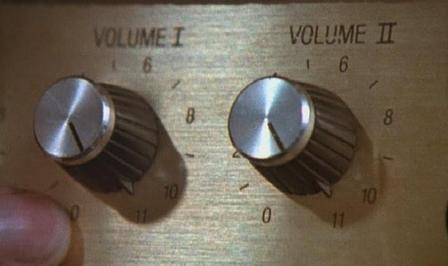
Books About Music Management
Managing An Unsigned Band
Today the need for getting signed isn't as important as it once was. With the birth of social networking sites such as MySpace and the ability to sell downloads, if you have a savvy team around you, then as a band you can still get exposure and sell music. You can also get noticed faster by record labels, it is a lot easier today than it was when you had to send out demos to them. The internet is an unsigned band's friend.
So you've set up a MySpace profile, uploaded some songs, got people to spread the word. Now you have to tour. Oh what fun touring is for the manager. Hopefully you've enlisted the services of a booking agent who will do all the hard work of setting up the tour. If not, well pimp that MySpace profile around small venues and hope for the best. Just remember the logistics, if you get a booking in Glasgow for the 10th, don't say yes to a booking in London on the 11th. Sure it's doable, but it's unpleasant madness! If you get that Glasgow booking try for another Scottish date or look to Newcastle or Carlisle for the next gig. Invest in a map! You do not want to be zig zagging around the country in the back of a van.
The van - ah the van. Renting is the best option in my opinion and you'll be spending hours in that rented van. Long dragging hours in close confinement with people you wish to strangle. As the manager of an unsigned band, unless you're a millionaire, you will be in the thick of it, all hands on deck. It's likely that as an unsigned band, the band manager will now also take on the role of tour manager. To tour manage is to juggle a thousand balls at once.
Then you have to take into account if hotels are needed. To start out, a tour should be as localised to the band as possible, that way it's home every night and no hotel costs. If it's a few tours in then hotels will definitely be needed as more of the country is covered.
So, the tour is all set up, now you need merchandise: T-shirts, badges, CD's, ask your MySpace friends what they want and then see if it's viable. At all times, remember costs because touring literally costs a fortune, even for an unsigned band.
The Splitter Van
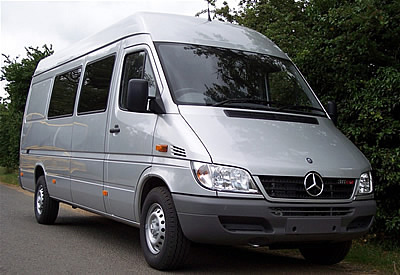
Books About Touring
The Tour
So you're finally on the road, in the back of that van, the equipment has been loaded in. Whether it's a regular van i.e. no seats in the back, or a splitter van (a posher version of a mini bus) is all down to what you can afford. In a splitter van, depending on the interior layout, it's very possible that you will have to sit facing a band member who you want to strangle. Unless you're driving of course. See, without the luxury of being signed and having a tour budget, you probably can't afford a driver, so the band and manager have to take turns. As a manager, you better be hoping that at least some of the band have driving licenses, or that's a lot of driving for one person.
Arrival at the venue becomes robotic in nature once you've done it a few times. Load equipment out of the van and load into the venue. This is known as load in, load out and it's essentially the backbone of the tour. No equipment, no gig.
Then you set up the equipment and merchandise area and sit around for hours waiting for the venue to open. If you're lucky you've been given a rider, (for anyone who doesn't know what a rider is, it's a list of items that you will have backstage. Venue's will ask what kind of drinks you want, so you provide a list and the drinks are there when you arrive backstage.) so you'll probably have a few drinks, though not if you're driving.
A note about riders: When you hit the big time you can ask for almost anything. You want your dressing room painted yellow? No problem! You want a case of Cristal, you got it! Riders go from a case of Stella if you're lucky, to costing thousands if you're a big artist.
The Gig
The venue has opened, the audience is drifting in, you see some familiar faces from MySpace, the band play their set, then depending on where you are on the bill, sharing of equipment etc, you load out. If you're the support band, and at this level you probably are unless you want to be playing to an empty room, then it's always polite to stick around for the main band's set.
Hopefully during the gig, the band have played an amazing set, gone down great with the audience, and you've sold some merchandise. In reality, one of the band has probably fallen off the stage in a drunken stupor, the audience consists of 5 people and someone has stolen some t-shirts.
Then it's back into the van to repeat the whole thing.




